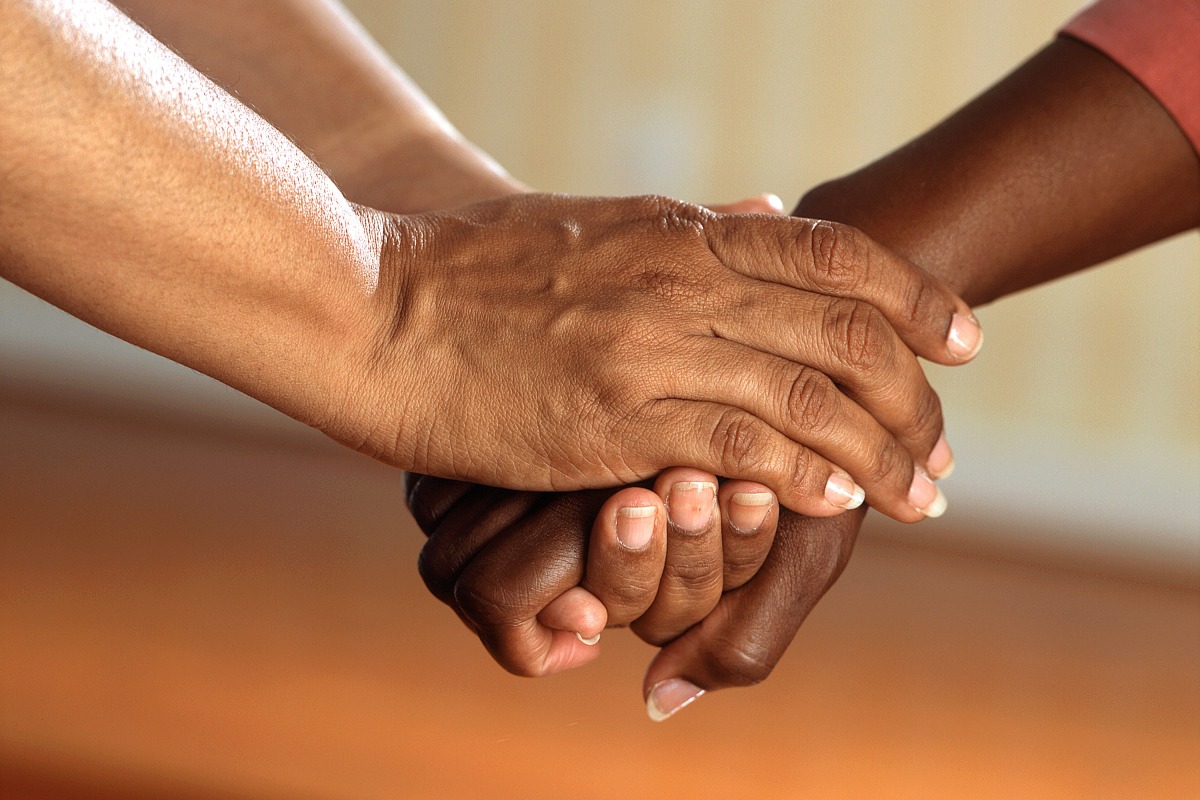
After leaving drug and alcohol addiction treatment, it is crucial to find healthy support. In treatment, you were flooded by messages of hope and encouragement from staff and peers. However, after leaving treatment, you may be unsure of how to find that same support. You may be wondering about what steps you can take to build the support system you need.
In treatment, you were empowered with knowledge of what you will need to support long-term recovery. Not it is time to put that knowledge to use and create a support system that can build you up.
Finding meaningful support can be a strenuous task. Thinking about it may cause feelings of worry and stress. At The Guest House, we can help you decrease anxious feelings around finding support after treatment. You can find the same hope and peace you discovered in a treatment setting.
Identify Your Strengths
While you were in treatment, you had to identify your strengths. While this can be a challenging task for most to complete, identifying your strengths provides you with a core foundation in recognizing what you are good at.
When in active addiction, you can forget who you are and what you are good at. By identifying your strengths, you can understand the areas that you may need to work on and build up.
Throughout your recovery, you will focus on your strengths. This will aid in finding meaningful support after treatment. For example, if you find yourself with the strength to talk to others, a support group meeting may be the perfect place to find the support you need.
On the other hand, if you are a person who does not find enjoyment in groups of people, individual therapy may be where you feel best supported. You want to identify the areas in your life that will guide you to meaningful connections.
Find Hope
It has been said that at the core of recovery is hope. One of the acronyms for hope is “Hold On, Pain Ends.” Hope can reach your innermost secretive parts of you.
Hope also tells you you will find a way and inspires you to keep moving forward. When you are feeling comfortable with yourself, you will notice that your hope is stronger than before.
When searching for meaningful support, you pay attention to those who bring hope to your recovery. They are the kind of people that bring a smile to your face. You will want to be around them as they will uplift you and encourage you to be your best self.
Meaningful Connections
In treatment, you most likely thrived on the meaningful connections you created. In recovery, you will want to continue to establish meaningful connections with others.
Support Group Meetings
You may be interested in attending meetings to build connections. However, you may be apprehensive about sharing your story or speaking. It is important to remember that every single person was new at one point or another. You are not alone in your feelings.
Family and Friends
Write a list of family and friends already in your life that offer support. Think about the most meaningful ways they can support you and what that means to you on a personal level. This list creates a foundation for identifying the positive qualities that you are looking for in meaningful connections.
Social Media
Social networks can be an avenue for finding productive connections. You could join an online meeting or find a Facebook group of others in recovery. Using online resources, you can find the support that you have been looking for. You are just a click away from a meaningful connection.
Peer Support
Peer supports are people that have similar experiences as you. These are people also on the journey of recovery who can help empower you in your own experiences with recovery. Like-minded peers can connect with you on a deeper level as they have more understanding of what you are going through.
For example, you can find meaningful connections in a sober-living environment where other people in recovery live. You may also find meaningful connections in alumni programs, where the other people who attend know exactly what it is like to go through treatment and adjust to home life.
Set Goals
You may be confused as to why setting goals would be beneficial to finding meaningful support within recovery. However, you can create goals for yourself surrounding finding support in recovery. For example, you can make a daily goal for yourself to engage in meaningful conversation at least once.
It is essential for you to set small goals within your daily activities. If you set small goals, they can become big goals. It is easy to think of things that you want. However, it is harder to recognize the areas you need to put more effort into. Take a few moments each day and acknowledge your efforts.
Finding meaningful support can be challenging, but that does not mean you give up. That means you have to put more effort into getting what you want by setting goals for yourself.
Finding meaningful connections after treatment can feel like a huge task to take on. You may not be used to intentionally searching for “your people” in recovery. It may have seemed easy to find connections in treatment, but now you hold back from being open with others. While it may seem challenging, it is possible to find meaningful connections in recovery. At The Guest House, we understand that integrating back into life after treatment can be challenging. However, we are here to support you every step of the way. Our program understands the importance of support in recovery, which is why we offer an alumni program to those who have gone through treatment with us. Surrounded by like-minded peers, you can find the support and meaningful connections you have been searching. For more on how we can help you in your recovery, call The Guest House at (855) 483-7800.